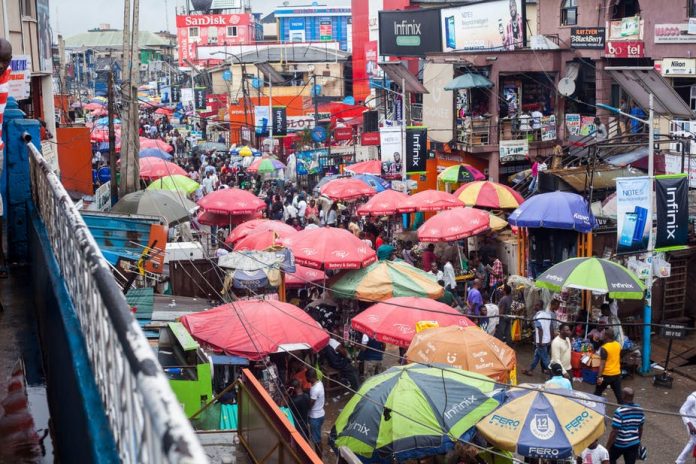By Astrid R.N. Haas
By 2050 an estimated 2.5 billion more people will be added to urban areas, with 90% of this growth taking place in Africa and Asia. According to Nobel Prize-winning economist, Paul Romer, this will mean the building of more urban areas in the next 100 years than currently exist today.
If managed effectively, Africa’s cities will drive the continent’s economic growth, and thereby help reduce poverty. To date, however, Africa has yet to realise the positive gains of rapid urbanisation experienced elsewhere. Instead, increasingly concentrated populations have become major stress on the limited infrastructure and services, such as housing, employment, health, education, and safety.
Retrofitting cities, where cities already exist, can be up to three times more expensive than planning for infrastructure in advance of settlement. Therefore, some leaders see the construction of whole new cities as the overall solution to overcome the pressures on existing ones.
The idea of constructing new cities to solve urbanisation challenges is not new. In Africa, for example, the first post-independence wave came with some governments deciding to move their capital cities.
The motivations for this varied. In the case of Yamoussoukro, which was declared the capital of Côte d’Ivoire in 1983, the move reflected the desire of the then-president Houphouët-Boigny to have the capital located in his home town.
Nigeria, on the other hand, Abuja became the new capital in 1991 to relieve population pressures in Lagos. The choice of the site for Abuja was motivated by the fact that it was located in the centre of the country. It is also more ethnically neutral as it was located between the country’s northern, majority Muslim population and southern, largely Christian population. The creation of the city of Abuja, therefore, was also to help bridge the divisions in the country in terms of politics as well as economic opportunity.
The fortunes of Yamoussoukro and Abuja offer important lessons for current planners of new cities – 120 are being built in 40 countries.



